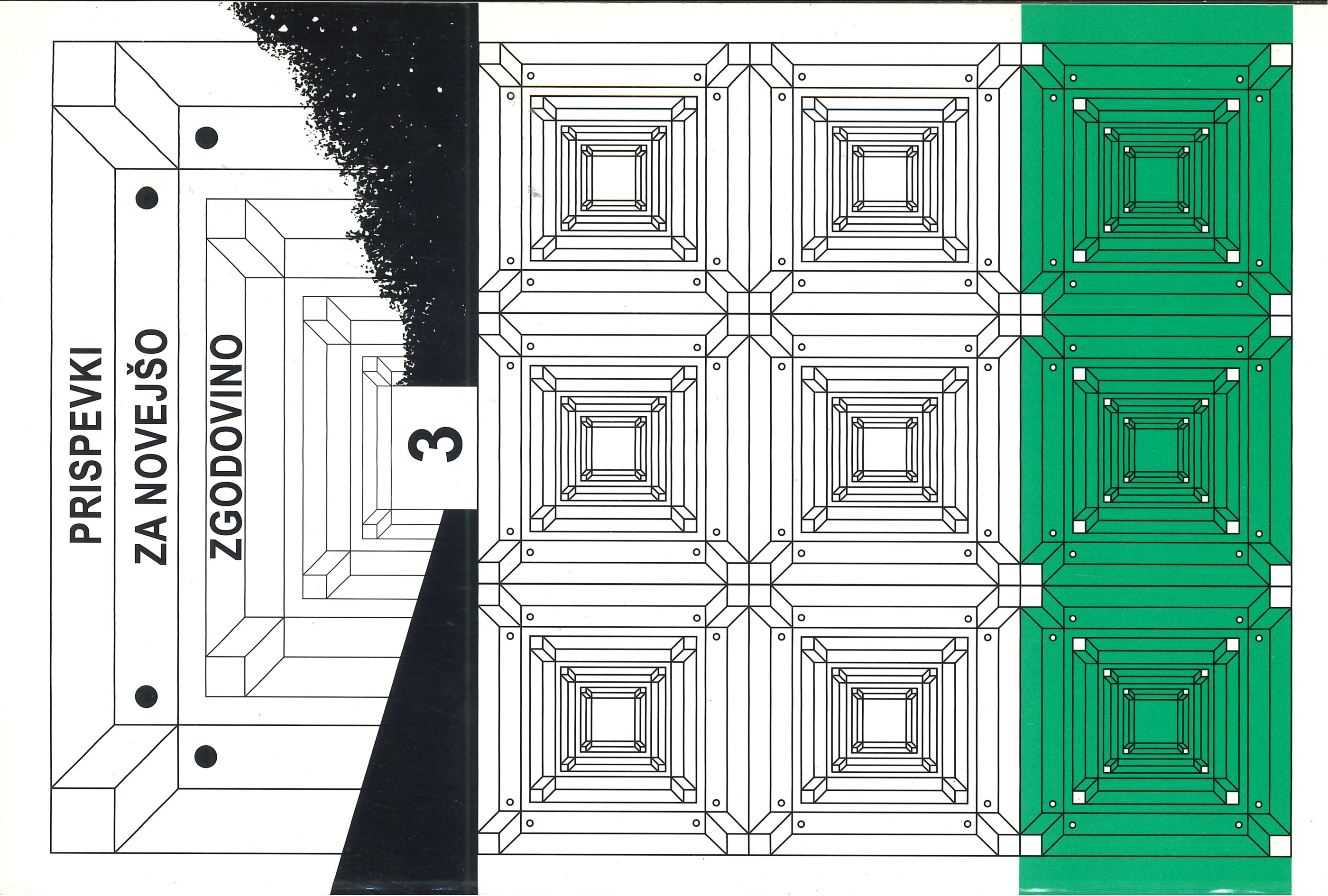Yugoslav National Party and the National Question in the Years from 1936 to 1939
Keywords:
Yugoslav National Party, Kingdom of Yugoslavia, liberalism, national question, national and state unitarianismAbstract
In the period of the 2nd Congress of the state-wide Yugoslav National Party (JNS), on 30 June 1936 in Belgrade, as well as during the formation of the separate Croatian Banate on 26 August 1939, which foreshadowed the further national-legal rearrangement of what had until then been a unitarian Kingdom of Yugoslavia, the Slovenian liberals, who were a part of the JNS in the 1930s, insisted on their unitarian national and state standpoint. They denied the existence of national individuality within the Yugoslav state, which they saw as a single Yugoslav national community. As far as the issue of the internal regime of the Kingdom of Yugoslavia was concerned, they supported the principle of a decentralised unitarian state. This placed them on the brink of the Slovenian politics, which was mostly autonomist-federalist and based on the efforts to preserve and freely develop the Slovenian nation. Therefore the liberal JNS kept diminishing in the Slovenian space, which was also characteristic of the period after 1939.
Downloads
Published
Issue
Section
License
Authors who publish with this journal agree to the following terms:
- Authors retain copyright and grant the journal right of first publication with the work simultaneously licensed under a Creative Commons Attribution License that allows others to share the work with an acknowledgement of the work's authorship and initial publication in this journal.
- Authors are able to enter into separate, additional contractual arrangements for the non-exclusive distribution of the journal's published version of the work (e.g., post it to an institutional repository or publish it in a book), with an acknowledgement of its initial publication in this journal.
- Authors are permitted and encouraged to post their work online (e.g., in institutional repositories or on their website) prior to and during the submission process, as it can lead to productive exchanges, as well as earlier and greater citation of published work (See The Effect of Open Access).


